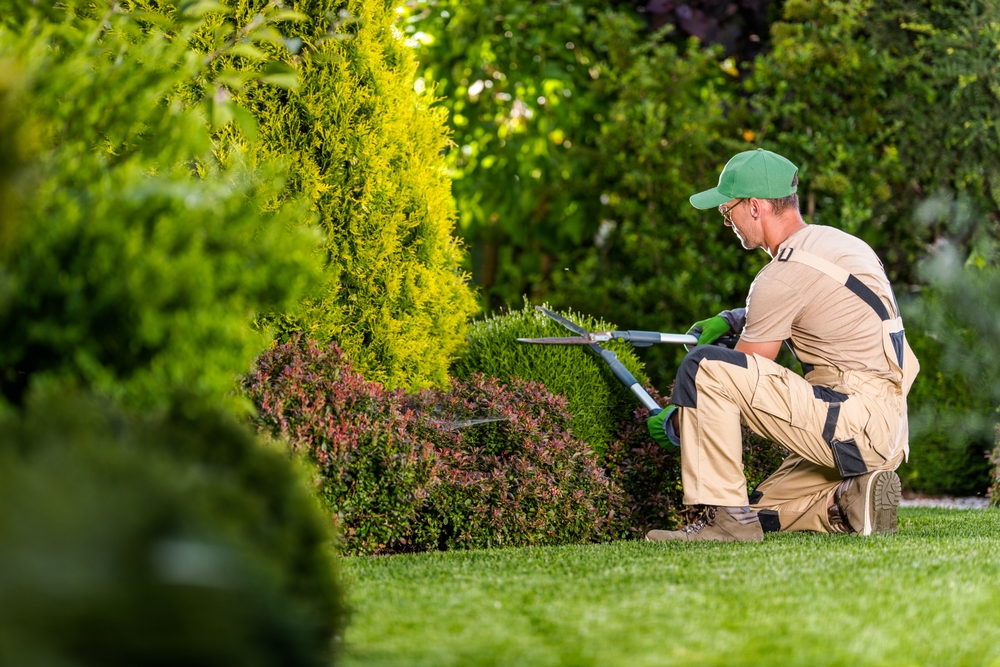
Summer brings sunshine, longer days—and for multifamily property owners, a surge in seasonal maintenance needs. High temperatures, increased use of amenities like pools, and added pressure on HVAC systems mean that small issues can quickly escalate without preparation. The solution? A proactive, strategic approach to seasonal maintenance.
By anticipating common issues and scheduling preventative care, landlords and property managers can reduce emergency requests, extend the lifespan of equipment, and keep residents satisfied all summer long. Here are five essential maintenance strategies to help multifamily communities transition smoothly into the warmer months.
The first weekends of summer and winter tend to bring a wave of maintenance requests. Heatwaves often reveal underlying issues in HVAC systems, plumbing, or outdoor amenities. Unfortunately, this seasonal rush coincides with supply chain bottlenecks, making it harder—and more expensive—to source necessary materials on short notice.
Planning ahead is key. Stock up early on high-use items like:
Ordering in advance ensures your maintenance team has the tools they need when systems are strained and tenant needs spike.
Clear, early communication helps set expectations and prevent frustration. Proactively notify residents about upcoming maintenance, seasonal service schedules, and what to do in the event of an emergency. This not only reduces confusion but helps reduce non-urgent maintenance calls that can clog the system during peak times.
Consider the following communication strategies:
Residents who are informed feel more supported—and that confidence leads to smoother interactions and improved satisfaction.
Preventative maintenance is often the difference between a hectic summer and a smooth one. Before temperatures rise, make time to inspect, test, and repair the systems that bear the most weight in warmer weather.
Top priorities should include:
Even unoccupied or vacant units should be cycled and tested periodically. Systems that sit idle can deteriorate quickly under summer conditions.
Strong internal coordination can make or break a maintenance plan. Ensure your community management and maintenance teams are aligned on seasonal goals, budget constraints, and task delegation.
Schedule pre-season meetings to:
A united front between operations and maintenance improves service quality, prevents miscommunication, and helps maintain high operational standards.
Seasonal maintenance is critical—but consistent daily upkeep is what keeps a property running smoothly long-term. Once your summer plan is in place, ensure teams follow through on execution. Establish routines, delegate roles clearly, and track progress.
Some key routines include:
Using property management software can help streamline these tasks and create a record of service history, which is useful for future planning and budgeting.
Benefits of a Proactive Maintenance Plan
Ultimately, summer maintenance is more than a seasonal task—it’s a key part of long-term asset management.
Conclusion: Partnering for Seamless Summer Operations
The transition to summer doesn’t have to be stressful. With proper planning, clear communication, and consistent upkeep, multifamily properties can maintain top-tier service and resident satisfaction all season long.
If you're looking for expert help managing your rental property's operations and seasonal maintenance, Gordon James Realty offers full-service property management tailored to multifamily communities. From vendor coordination and tenant support to proactive maintenance strategies, our team ensures your property runs smoothly year-round. Explore our multifamily property management services or contact us today to learn more.

Learn how to enforce HOA covenants legally and consistently to protect property values, avoid liability, and maintain order in your community.

Learn the key legal duties of HOA boards, including fiduciary responsibilities, enforcement authority, and how to avoid liability.
We're proud to make partnering with us easy. Contact our team to connect with one of our industry experts and get started today.